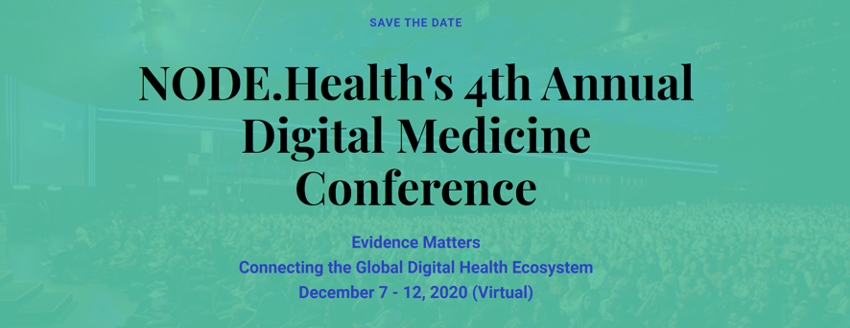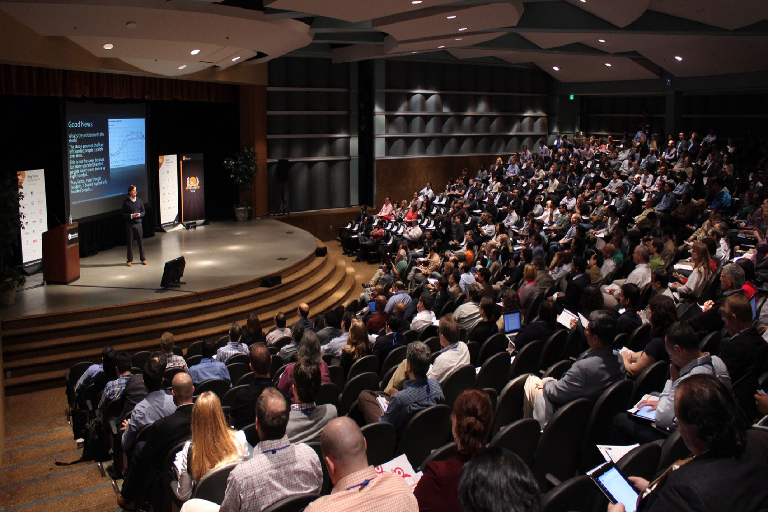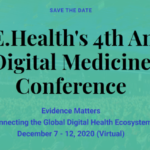Dear Tech Gurus:
What’s the deal with the electronic health records I’m reading about?
Signed: A Patient Patient in Strafford, Missouri
Dear Patient Squared:
According to the University of Missouri, in 20 years, approximately 72 million older adults will reside in the United States, almost double the current number, according to the U.S. Administration on Aging. Potential issues are compounded by the projected shortage of health care workers needed to provide elder care. As part of the solution, an interdisciplinary team of University of Missouri researchers is refining electronic health record (EHR) technology to more efficiently meet increasing health care demands.
The MU researchers are developing an EHR system that encompasses standard health assessments and those obtained through new technologies. The goal is to increase efficiency and accuracy, improve patient outcomes and reduce costs for long-term care.
“As the use of emerging technologies increases along with the older population, maintaining complete and accurate patient information can be overwhelming,” said Marilyn Rantz, professor in the MU Sinclair School of Nursing. “A comprehensive system that encompasses all measures, old and new, is the key to enhanced and efficient clinical decision making.”
The EHR is being tested at TigerPlace, an independent senior-living facility that helps residents age in place. According to the researchers’ initial findings, use of the EHR system can enhance nursing care coordination and advance technology use and clinical research.
“New technologies to passively monitor older adults’ health are being developed and are increasingly commercially available,” Rantz said. “The challenge remains to integrate clinical information systems with passive monitoring data, especially in long-term care and home health settings, in order to improve clinical decision making and ensure patient records are complete.”
Effective EHR systems display data in ways that are meaningful and quickly assessable for clinicians, Rantz said. With access to comprehensive data, clinicians can make more informed clinical decisions, better perform risk assessments and provide risk-reducing interventions.
The study, “Developing a Comprehensive Electronic Health Care Records to Enhance Nursing Care Coordination, Use of Technology and Research,” was published in the Journal of Gerontological Nursing. The research was supported by the U.S. Administration on Aging and the National Science Foundation. Project collaborators included researchers from the MU Sinclair School of Nursing, University Hospital, School of Medicine and the College of Engineering. Source






























